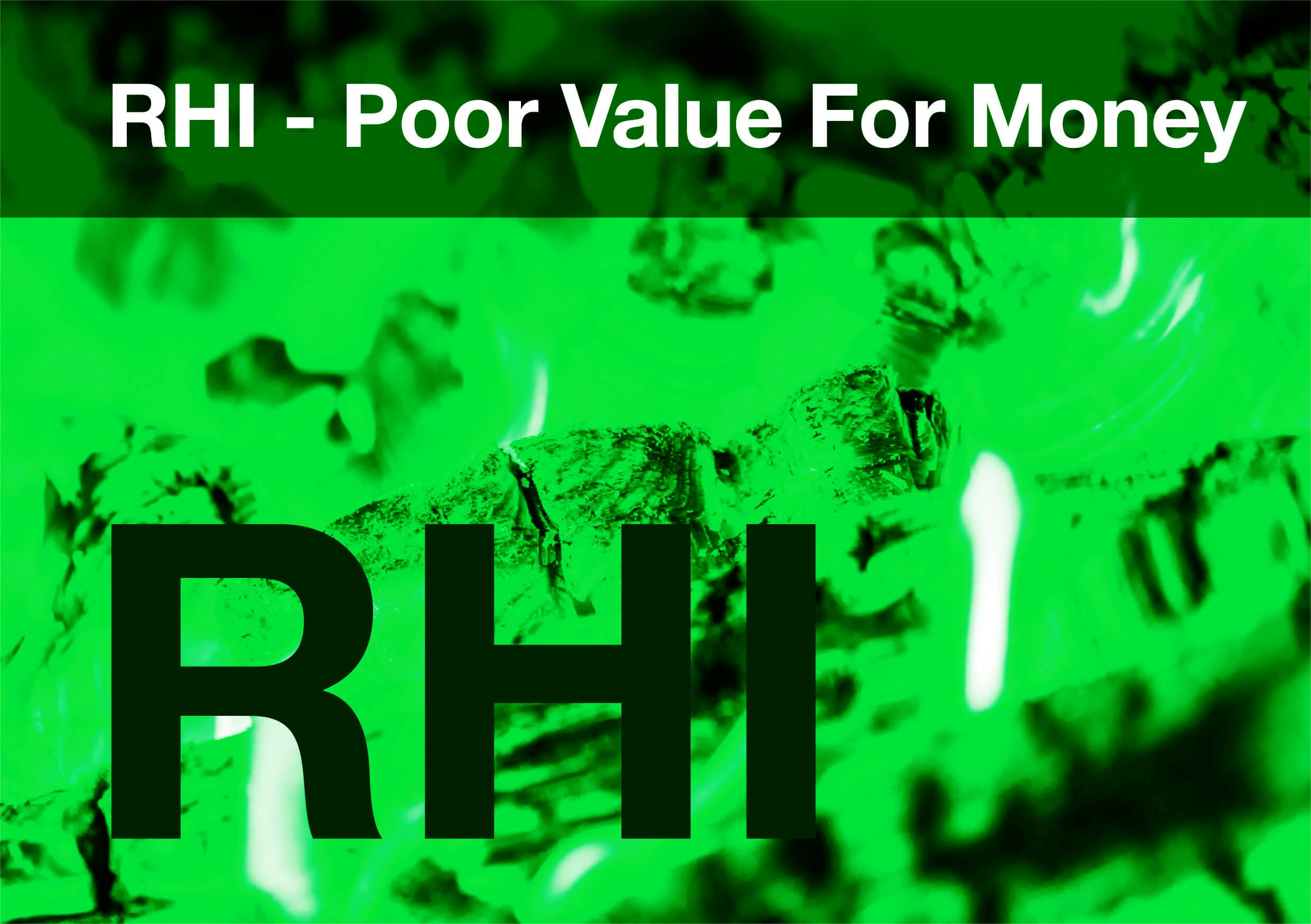RHI – Poor Value For Money
In November 2011, the British government introduced what is now known as RHI – the Renewable Heat Incentive. Replacing another low-carbon programme, it was designed to encourage the public to adopt renewable heat generators in exchange for cash, aimed at both commercial and non-commercial property owners.
During its initiation, it faced significant delays with the non-commercial aspect and was unable to fully launch until 2014. The incentive covers biomass boilers, solar water heating and certain heat pumps.
With the scheme having been running for a number of years now, many sources are evaluating the level of success it has achieved across the UK. Unfortunately, most of the reaction has been negative. The initiative has been heavily criticised for the low rates of uptake it has faced as well as cases of fraud, of which the most expensive one was worth £2.5 million. At the same time, the government has overpaid other participants, further devaluing the scheme and the NAO (National Audit Office) regards the scheme as poor value for money. Future prediction for the initiative are negative too – by 2021, the installations are expected to reach 111,000 units, only 20% from the initial goal set in 2011.
One report published by CEPA, Cambridge Economic Policy Associates, states that the alternatives considered at the time of launch of RHI would have performed much better. One of them, an up-front grant scheme has been calculated to have delivered better results, and simultaneously saved £200 million.
These figures create a discussion around green energy and its future among private customers in the UK. With a scheme offering financial incentive failing so greatly, other stakeholders are looking into how the public can be encouraged to adopt renewable heat. It is suggested that producer companies themselves promote the new possibilities to customers, or new legislation is created to support a heavier instalment of green heating.
Dashboard is a great supporter of green energy, and we believe responsibility in this field extends well beyond that of just the government. The RHI’s failed attempts are an indicator that there is interest to adapt green heating, and future incentives should build on this information. For example, collaborations between companies within the industry have often been successful among their customers before, and perhaps this approach would prove more popular.
